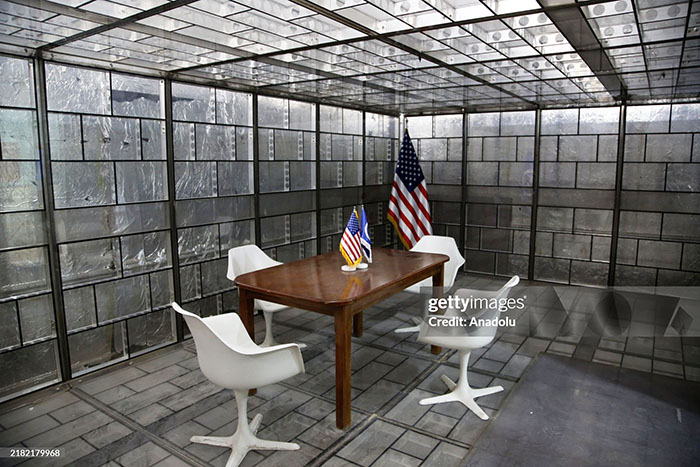Impact of the Iran Hostage Crisis on U.S.-Iran Relations
The Iran Hostage Crisis left a lasting impact on the diplomatic relationship between Iran and the United States, as well as on each country’s domestic politics. The crisis entrenched mutual suspicion and antagonism, shaping U.S. and Iranian policies for years to come.
The Rise of Anti-Iran Sentiment in the U.S.
The Iran Hostage Crisis marked a turning point in American public opinion toward Iran. Many Americans viewed the hostage situation as an assault on their nation and felt deep anger toward Iran. This sentiment contributed to the portrayal of Iran as an adversarial state in U.S. media and political discourse, influencing U.S. foreign policy decisions in the Middle East. American leaders began to view Iran as a destabilizing force in the region, and this perception has persisted over the years, affecting U.S. strategies in the Middle East.
Sanctions and Diplomatic Isolation
In response to the hostage crisis, the United States imposed severe economic sanctions on Iran, freezing Iranian assets and cutting off trade. These sanctions were expanded over time and continue to play a significant role in U.S.-Iran relations, particularly with regard to issues like Iran’s nuclear program and regional influence. The economic impact of these sanctions has shaped Iran’s domestic policies and its approach to international relations, pushing the country to pursue self-sufficiency and closer alliances with nations outside the Western sphere

